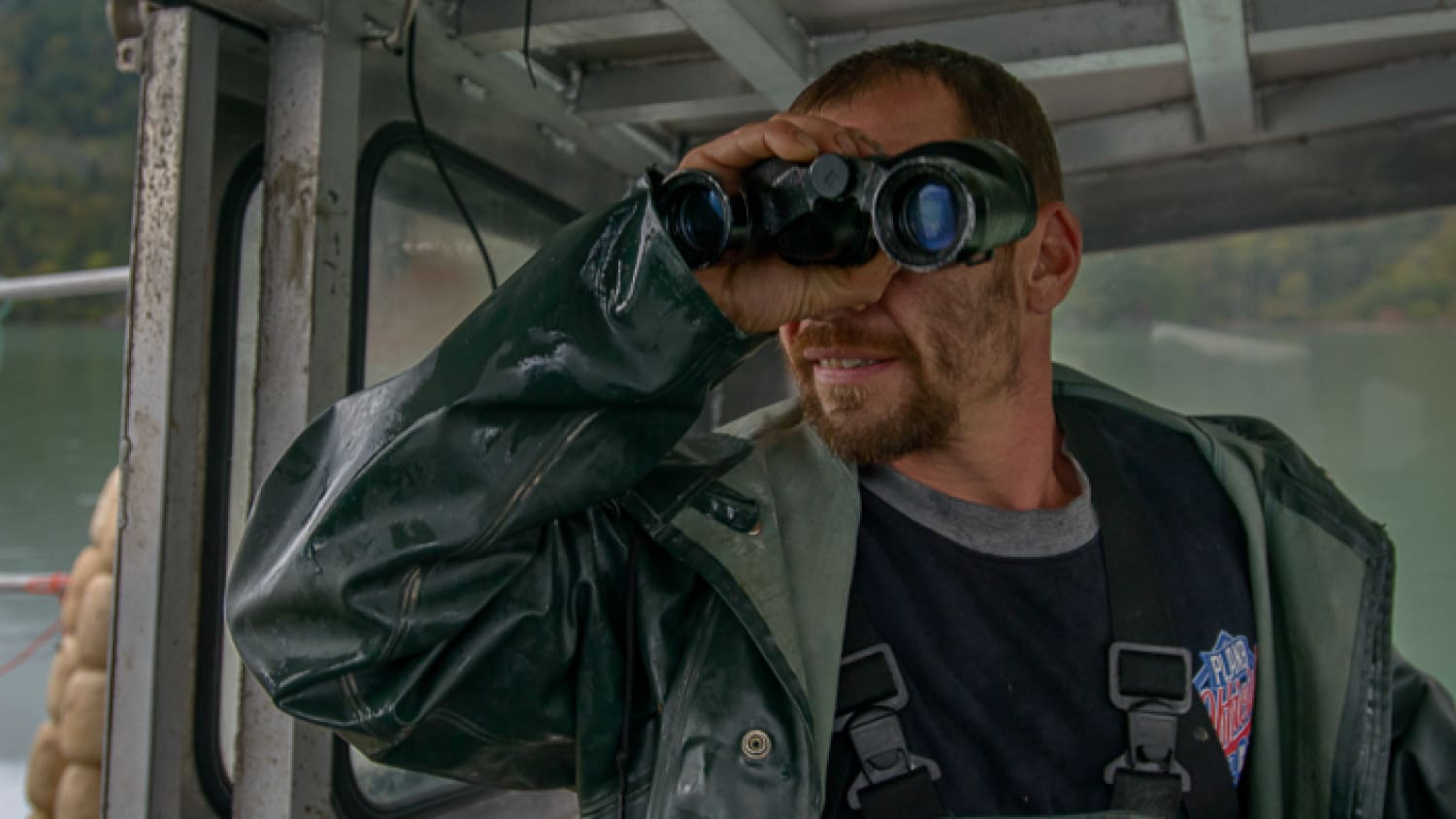A Huge Win For Independent Fishermen
NewsYou’ve probably heard us talk about how difficult it is for independent fishermen to make a living fishing because of policies around ownership of licenses and quotas in BC. And we’re so excited to have some good news to share on the topic!

You’ve probably heard us talk about how difficult it is for fishing families to make a living fishing because of policies around ownership of licenses and quotas in BC that favour large corporations and foreign investors over individual fishing families. And we’re so excited to have some good news to share on the topic!
Let me explain the situation a bit first.
As it stands right now, BC's policies are different from anywhere else in Canada or Alaska in that quotas and licenses can be owned by anyone, including large, non-Canadian corporations. We often call those owners “slipper skippers” or “arm-chair fishermen” because they never set foot on a boat. BC quotas and licenses are bought and sold like hedge funds. On average, 70% of the landed value of the catch goes to these shareholders, leaving precious little income for the hard-working people trying to make a living in their coastal communities.
You can read this frustrated blog post I wrote back in 2016 when our halibut fisherman at the time threw in the towel. Because of these policies, the only way for him to fish halibut was to pay $8/lb to rent the right to fish for halibut. He had no idea what price the company would be paying him, and he had no agency to sell his catch to anyone else because the company owned the quota. In the end, the company was paying $9/lb for that halibut, giving the fisherman $1/lb to pay all his expenses – boat repairs and maintenance, deck-hands, gear, the required $10,000 monitoring camera, etc – and to somehow pay himself a salary, too. Policies like this mean a small-scale traditional fishing way of life on our coast is disappearing and the effects on communities, peoples’ lives, and food security in Canada are devastating.
This is one of the reasons we started Skipper Otto – to protect what remains of a traditional fishing way of life in BC's coastal communities. To allow Canadians access to at least a tiny bit of our beautiful seafood – some of the best managed, most abundant seafood caught in some of the cleanest water in the world. Right now, about 80% of the seafood Canadians can access is imported from foreign fisheries. And a shocking 90% of Canadian seafood is exported.
Something had to be done.
And so in the last 10 years, while we’ve been building a grass-roots movement to connect fishing families directly to seafood-loving home-cooks across Canada, we’ve also been working hard with many other fantastic organizations toward policy change, meeting with our MPs, travelling to Ottawa to witness to the Standing Committee on Fisheries and Oceans, building petitions, organizing conferences, and spreading the word about the effects of BC's messed up fisheries policies and fighting hard for change.
Well, we are over-the-moon excited about the report issued last week by the standing Committee on Fisheries and Oceans, West Coast Fisheries: Sharing Risks and Benefits. This report finally acknowledges the negative social and economic implications of these policies on our coastal communities and makes 20 solid recommendations for how to protect a fishing way of life in BC, making it possible for new entrants to get into the industry, and paving the way for greater food security in Canada.
This is a fisheries report but not just a fisheries issue. Every sector from farming to housing needs to have a policy framework that ensures we are not allowing big corporate consolidation and speculative investment of our local assets and resources at a cost to our local economies, local jobs, and community wellbeing.
You can download and read the full report here.
Released on May 7th, the FOPO report provided 20 unanimously supported recommendations to government for changing its current management of commercial fisheries in British Columbia. Among its recommendations, FOPO called for the setup of a public online database to track the buyers, sellers and sale/lease prices, as well as an end to the sale of fishing quota and licenses to non-Canadians.
With the Committee made up of MPs from across the Liberal, Conservative and NDP parties, their unanimous support for the recommended changes shows that the current BC fisheries management system is adversely affecting many Canadians.
After hearing many testimonies, the report clearly identified the lack of transparency around fishing licence & quota ownership and where the benefits of our fish resources are truly flowing to.
The FOPO report sheds much needed light on the poor economic performance of the BC fishery compared to Alaska and Atlantic Canada, and on the ways in which current government licensing policies deprive working fishermen, First Nations and fishing communities of fair shares of the wealth generated from publicly owned fish resources. The report provides excellent guidance to the Fisheries Minister to adapt policies proven fair and effective in other jurisdictions, and to develop made-in-BC solutions through collaboration with the BC government, First Nations, and with industry and community interests.
[source: ecotrust.ca press release from May 8th, 2019]
Now, the real work begins.
Thank you for all of your incredible support for Skipper Otto, we could not have achieved this major milestone without your support for our Community Supported Fishery and family.
